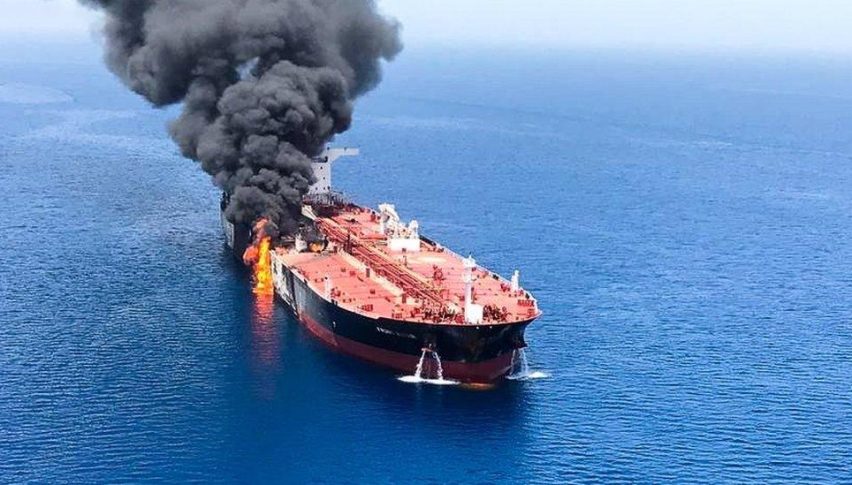Oil Prices Drop Sharply on Growing Supply Glut Worries
Concerns over supply and demand are overshadowing recent geopolitical risk premiums, particularly those related to the war in Ukraine.

Quick overview
- Oil prices fell on Thursday due to expectations of an impending market surplus.
- Brent crude dropped 1.66% to $66.37 per barrel, while WTI declined 2.04% to $62.37 per barrel.
- The IEA attributes the price weakness to increased output from OPEC+ and non-OPEC+ producers, leading to a projected oversupply.
- Geopolitical risks, particularly related to the war in Ukraine, are being overshadowed by concerns over supply and demand.
Oil prices dropped on Thursday, weighed down by expectations of a looming market surplus in the coming months, which has pushed geopolitical risks into the background.

Brent crude for November delivery fell 1.66% to $66.37 per barrel, while West Texas Intermediate (WTI) for October delivery declined 2.04% to $62.37 per barrel.
The latest report from the International Energy Agency (IEA) linked the weakness in prices to the “prospect of an imminent oversupply.” The market is seeing increased output from OPEC+ members, including major producers like Saudi Arabia and Russia, which have ramped up production since April.
Non-OPEC+ producers are also contributing to rising supply, with the U.S., Brazil, Canada, Guyana, and Argentina producing at or near record levels. The IEA projects global oil production to rise by 2.7 million barrels per day (mb/d) this year, reaching an average of 105.8 mb/d, while demand is expected to increase by only 700,000 b/d, to an average of 103.87 mb/d.
Unexpected weekly inventory builds in the U.S. are adding further downward pressure on prices. As a result, concerns over supply and demand are overshadowing recent geopolitical risk premiums, particularly those related to the war in Ukraine.
Oil Market Drivers
The European Union is preparing its 19th sanctions package against Moscow, which could also impact certain countries importing Russian hydrocarbons. However, it is likely that potential measures from Washington targeting Russia’s oil sector will have a more direct influence on prices.
Until concrete actions are taken to remove barrels—especially Russian oil—from the market, oversupply will continue to weigh on crude prices.
- Check out our free forex signals
- Follow the top economic events on FX Leaders economic calendar
- Trade better, discover more Forex Trading Strategies
- Open a FREE Trading Account
- Read our latest reviews on: Avatrade, Exness, HFM and XM

